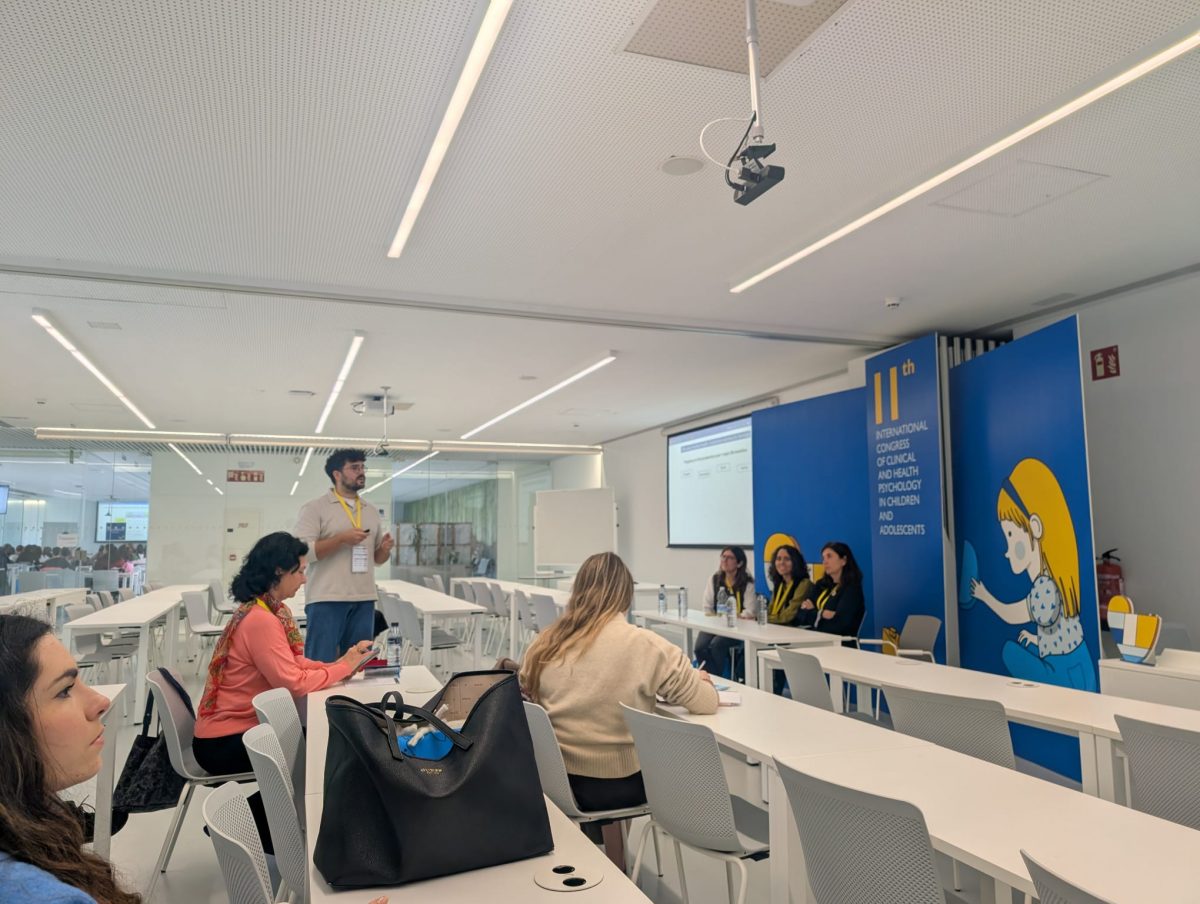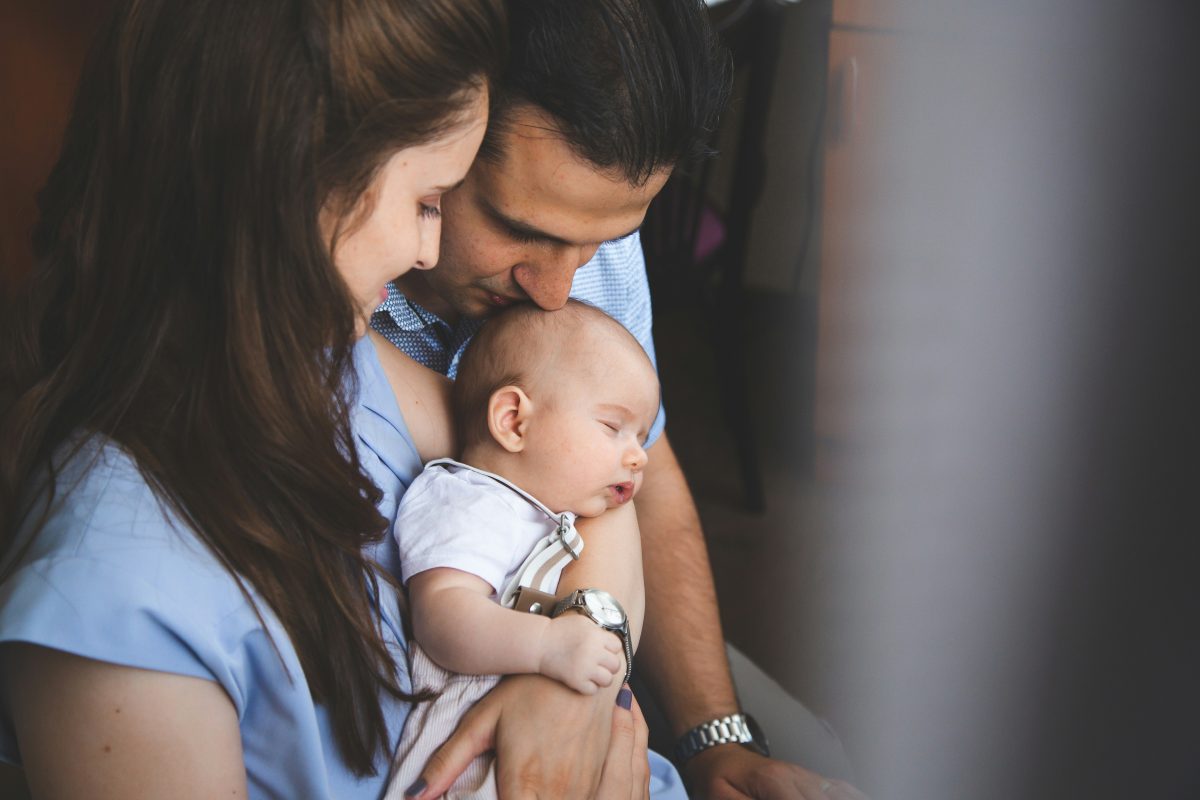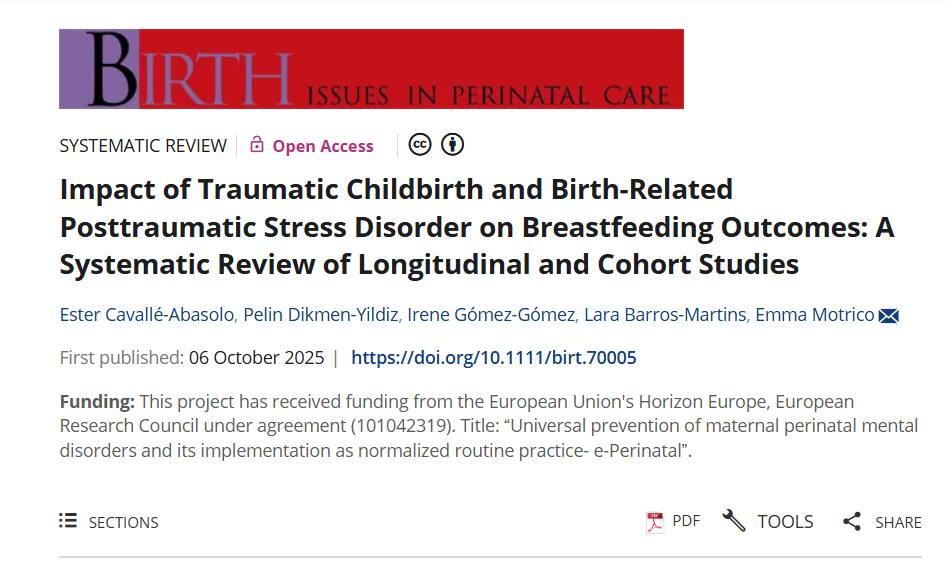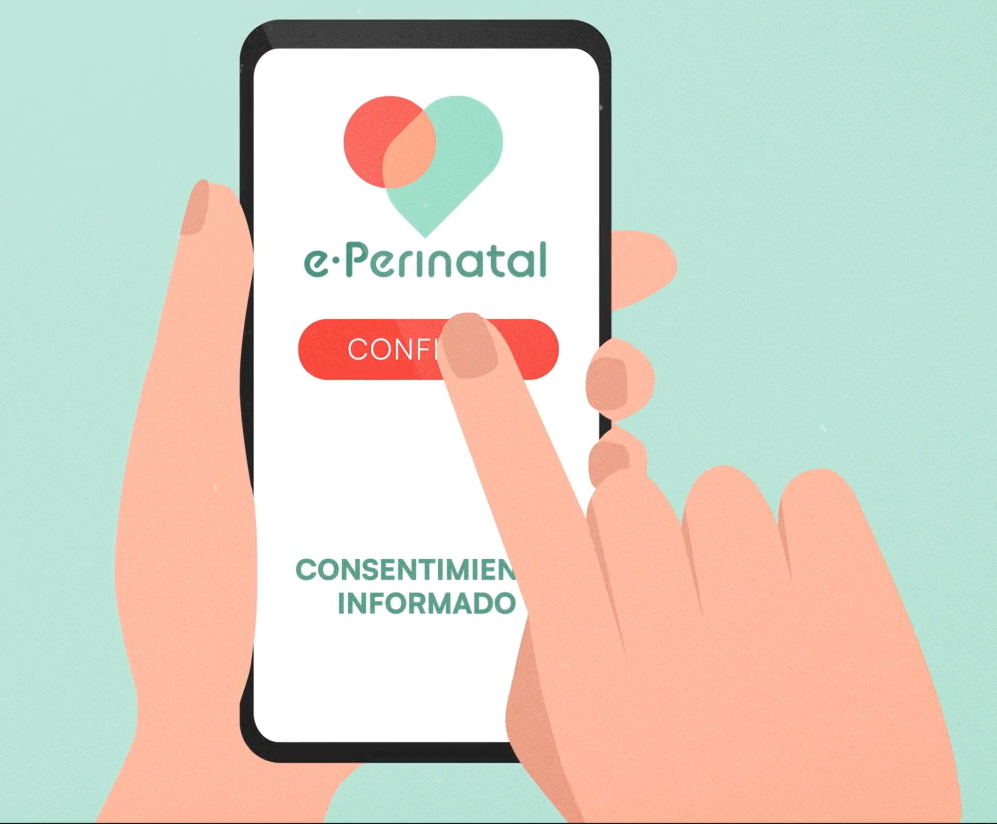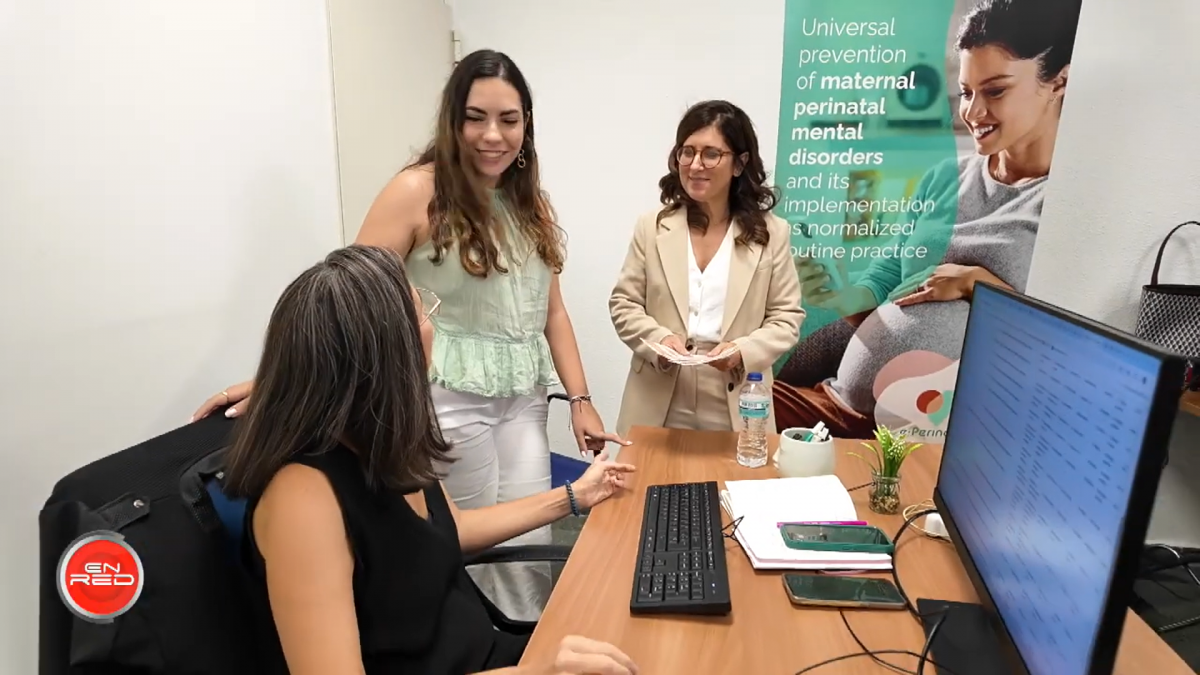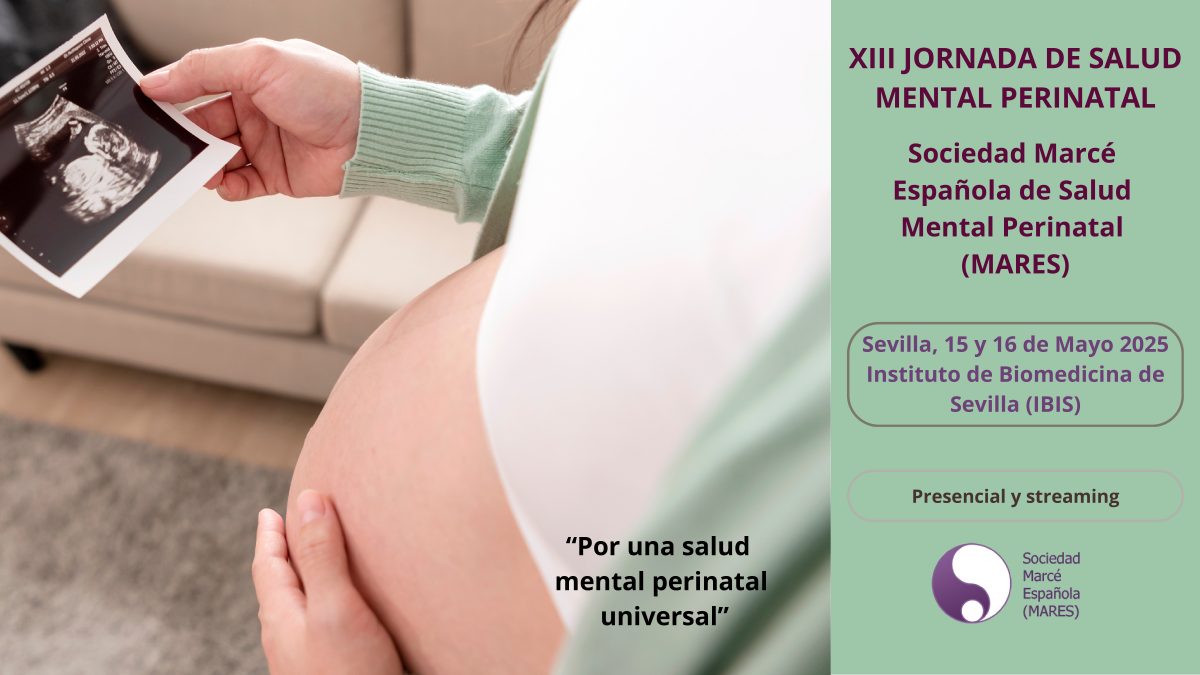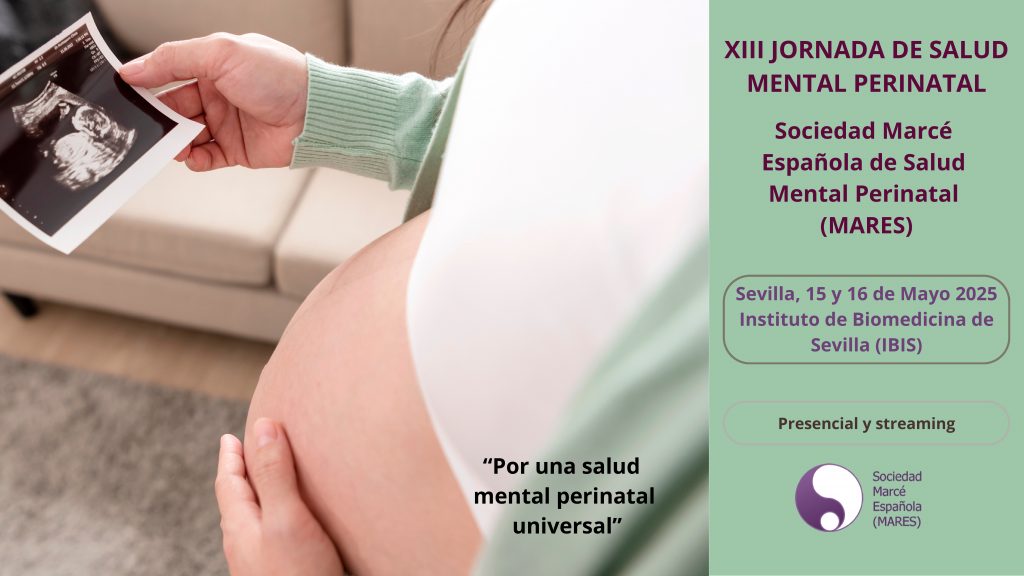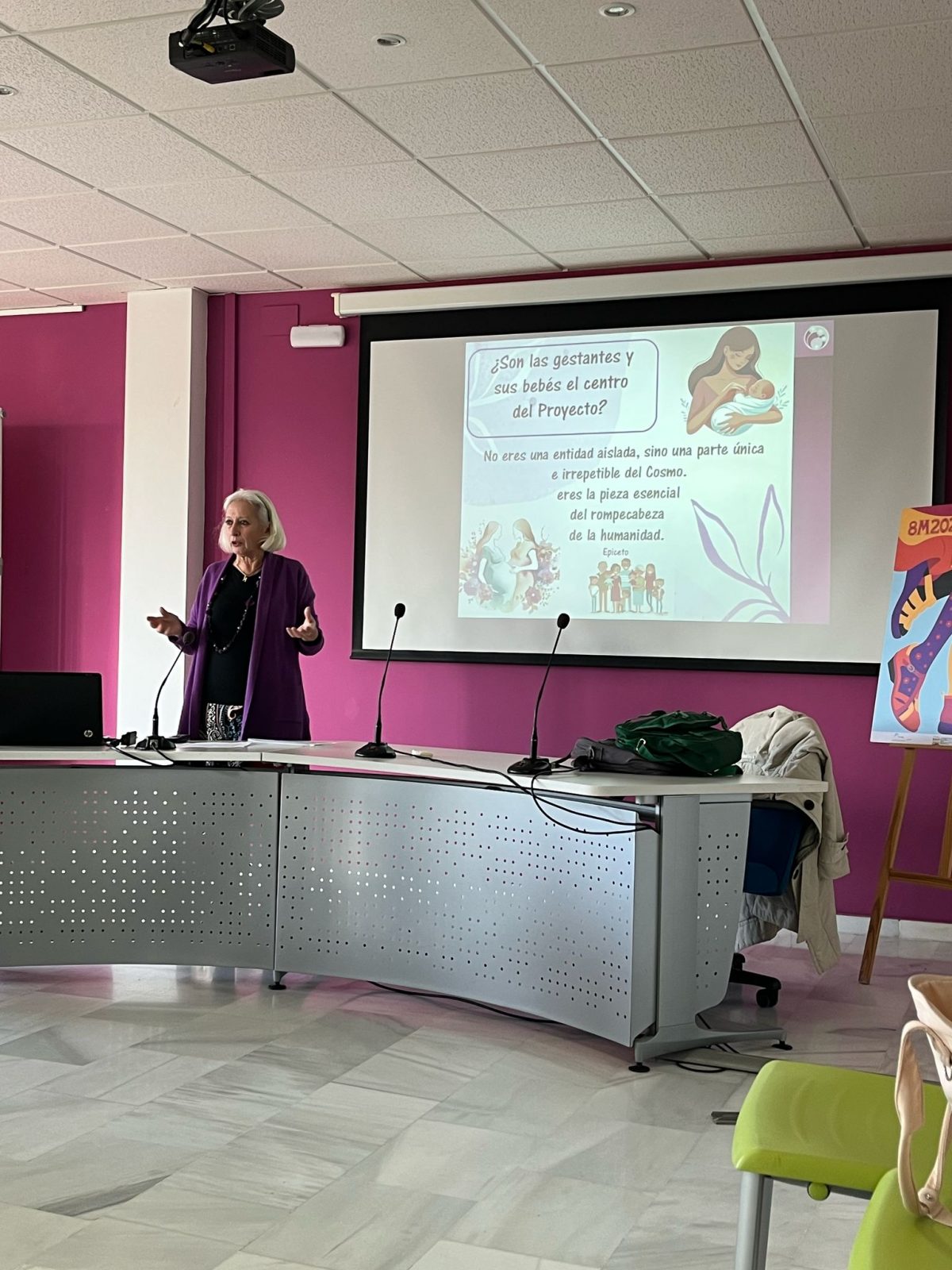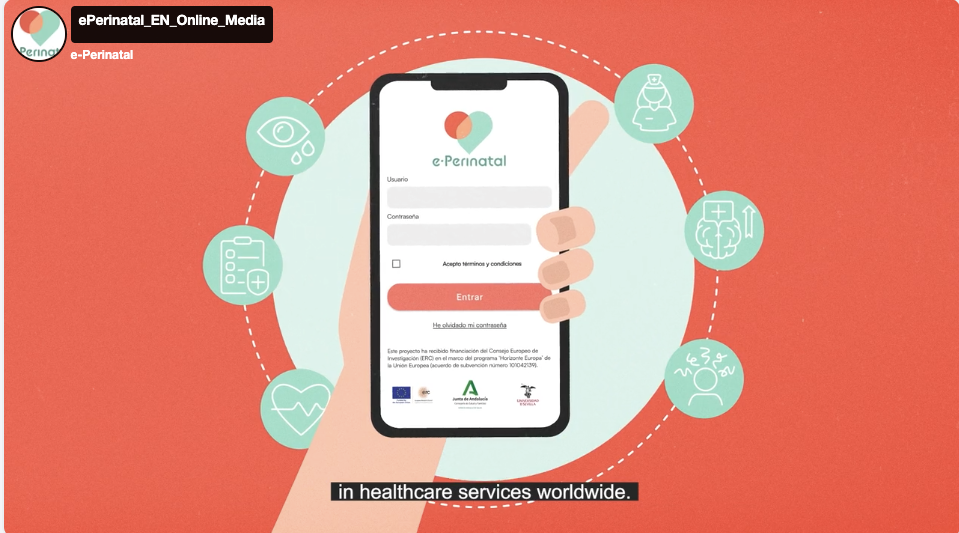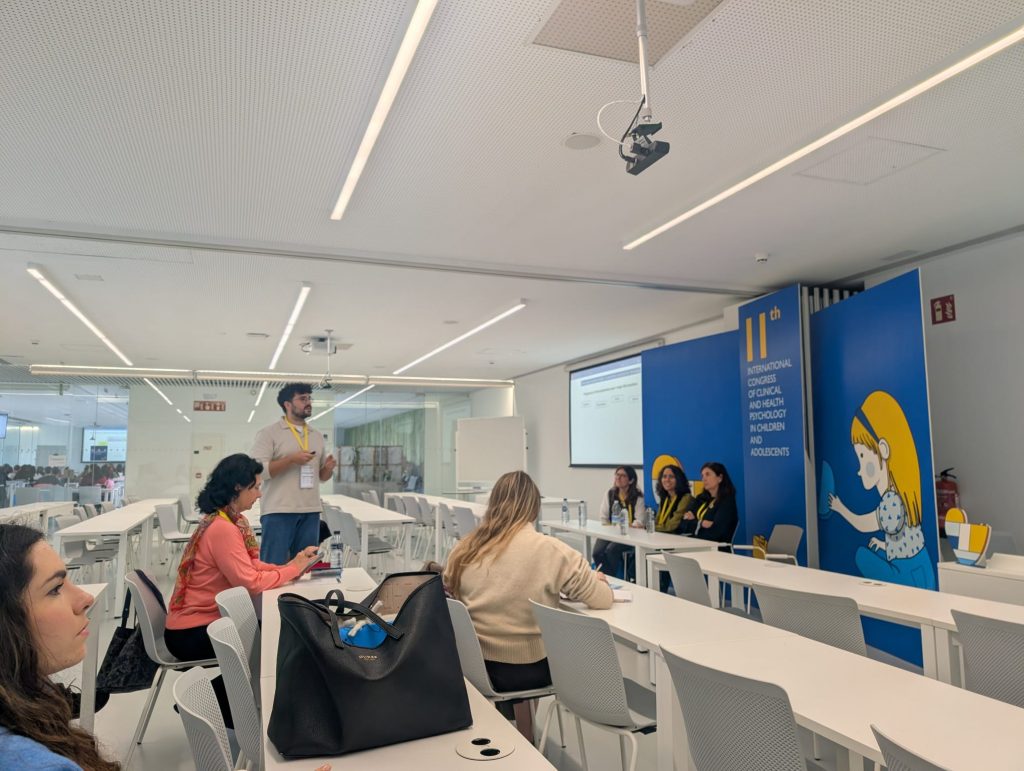
Last November 22nd, members of our research team participated in the 11th International Congress of Clinical and Health Psychology in Children and Adolescents (AITANA), held in Málaga. Within this international forum, the team organized and participated in a monographic table focused on recent psychometric advances in the assessment of perinatal mental health in Spanish-speaking women.
The monographic table, titled “Assessing Perinatal Mental Health in Spanish-Speaking Women: Psychometric Advances in Key Measures”, brought together four complementary studies addressing the validation and adaptation of key instruments used to assess psychological symptoms and psychosocial vulnerabilities during pregnancy and the postpartum period. The session was chaired and moderated by our team member Francisco J. Nieto-Casado (University of Seville), who introduced the rationale of the monographic table and highlighted the relevance of culturally adapted assessment tools for maternal mental health research and clinical practice.
Team member Irene Gómez-Gómez (University of Loyola) and Emma Motrico, the Principal Investigator of the research team, were key speakers of the table, as well as researcher María F. Rodríguez-Muñoz (UNED).
The first presentation focused on the psychometric evaluation of the Patient Health Questionnaire-9 (PHQ-9), demonstrating that this brief questionnaire can capture both affective and somatic signs of depression in pregnant and postpartum women.
The second study focused on the online version of the Edinburgh Postnatal Depression Scale (EPDS) and Generalized Anxiety Disorder scale (GAD-7). Results confirmed good psychometric properties when administered digitally, supporting their use as screen for perinatal depression and anxiety in Spanish-speaking populations.
The third presentation introduced the Antenatal Risk Questionnaire – Revised (ANRQ-R) as a promising tool for the assessment of psychosocial risk in pregnant and postpartum women. The study provided preliminary psychometric evidence supporting its use to capture key social and emotional risk factors associated with poorer perinatal mental health outcomes.
Finally, the fourth study examined the Spanish validation of the Basic Psychological Needs Satisfaction and Frustration Scale (BPNSFS) in perinatal women. Findings highlighted the close association between basic psychological need frustration and higher levels of depressive and anxiety symptoms, underscoring the relevance of motivational and contextual factors in maternal mental health.
Overall, the symposium highlighted the importance of having culturally adapted, reliable, and valid instruments to identify psychological distress and psychosocial vulnerabilities at a critical stage for women, infants, and families.
